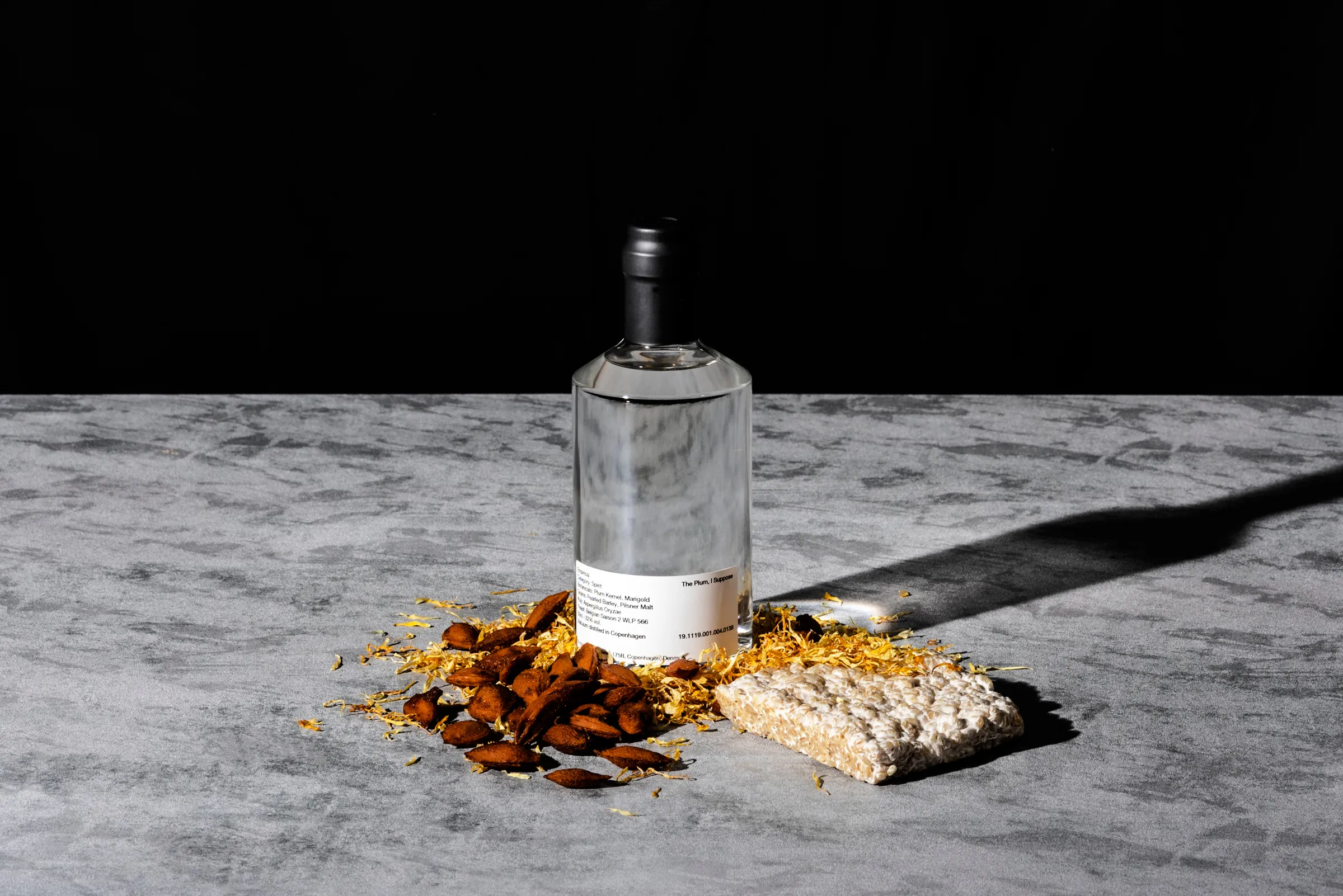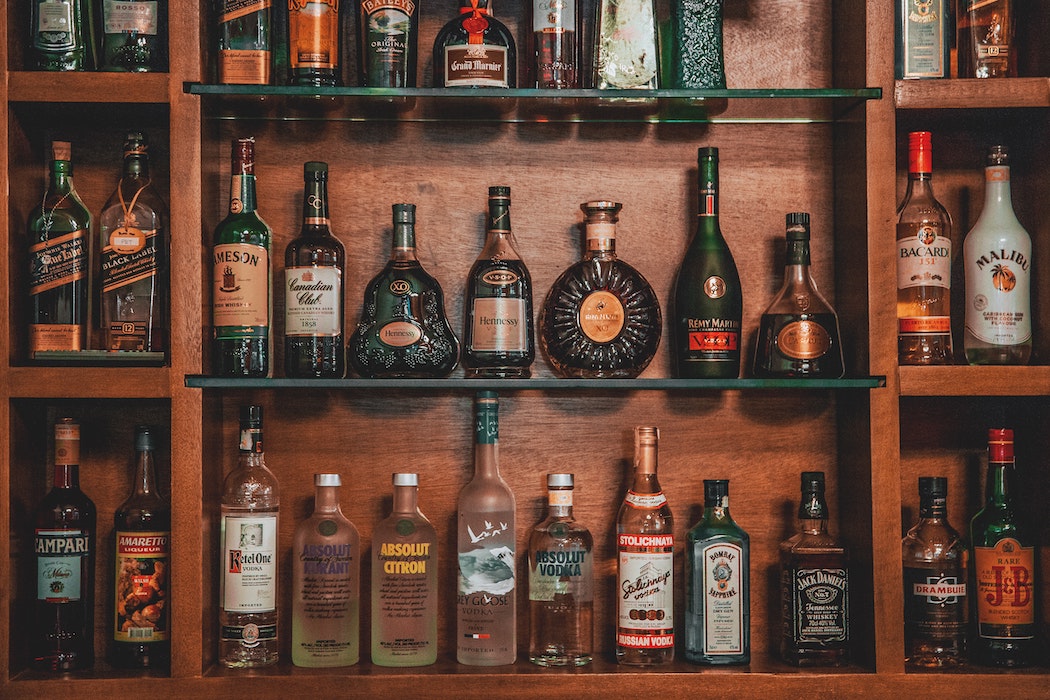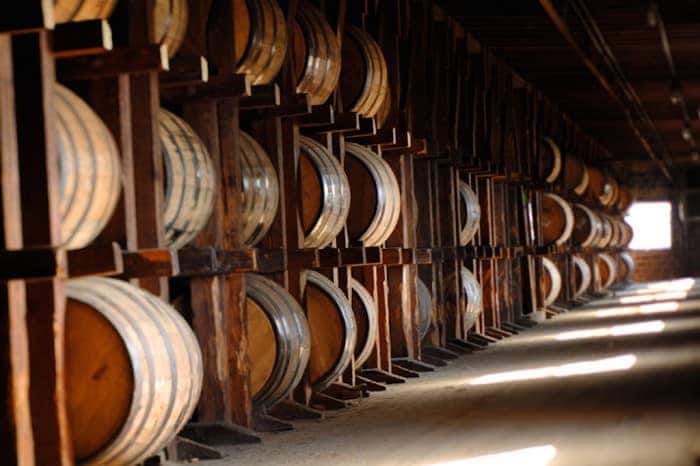Why Amaretto Liqueur Is the Dessert of the Spirit World
2026-01-29

Aging is a critical process in the production of many alcoholic beverages, including liqueurs. While the concept of aging is often associated with spirits like whiskey and wine, it also plays a significant role in the development of liqueurs. The science behind liqueur aging is complex, involving chemical reactions that enhance flavor, aroma, and overall quality over time. This article delves into how aging affects liqueurs and what makes the process so crucial to creating high-quality, flavorful drinks.
Liqueurs are typically made from a base spirit, such as vodka or brandy, that is infused with flavors like fruits, herbs, spices, or cream. Sugar is often added to sweeten the mix, resulting in a beverage that is sweeter than traditional spirits. The aging process allows these ingredients to meld together, creating a more balanced and nuanced flavor profile.

Time is a key factor in the aging process. As liqueurs age, various chemical reactions take place, leading to the development of new flavors and the mellowing of harsher elements. The primary processes involved include oxidation, esterification, and the interaction of the liqueur with its storage container, which is often an oak barrel.
Oxidation: When liqueurs are exposed to oxygen over time, oxidation occurs. This process can soften harsh flavors and develop more complex, desirable characteristics, such as a smoother finish or richer aroma.
Esterification: Esterification is the chemical reaction between alcohol and acids in the liqueur, forming esters. These compounds are responsible for many of the fruity and floral notes found in aged liqueurs. Over time, esterification can enhance the depth and complexity of the liqueur's flavor.
Barrel Aging: Some liqueurs are aged in oak barrels, which adds unique flavors to the drink. The wood imparts compounds like vanillin, tannins, and lactones, contributing to notes of vanilla, spice, and woodiness. The barrel also allows for micro-oxidation, further refining the liqueur’s taste.
Several factors can influence how liqueurs age, including the type of base spirit, the ingredients used, the aging environment, and the type of storage container.
Base Spirit: The choice of base spirit plays a significant role in how the liqueur ages. For example, a brandy-based liqueur may develop deeper, more complex flavors than a vodka-based one, which tends to remain neutral.
Ingredients: The specific fruits, herbs, or spices used in the liqueur will also impact how it ages. Some ingredients, like citrus peels, may lose their potency over time, while others, like vanilla or coffee, may intensify.
Aging Environment: The temperature, humidity, and light exposure of the storage environment can significantly affect the aging process. Liqueurs aged in cooler, darker conditions tend to develop more slowly, resulting in a smoother, more refined flavor.
Storage Container: While many liqueurs are aged in glass bottles, those aged in oak barrels benefit from the additional flavors imparted by the wood. The type of barrel, its previous use, and the duration of aging all contribute to the final flavor profile.

The primary benefit of aging liqueurs is the enhancement of flavor and quality. As the liqueur ages, the various elements within it harmonize, creating a more cohesive and enjoyable drink. The aging process can also smooth out any rough edges, making the liqueur more palatable and less harsh.
Aged liqueurs often have a richer, more complex flavor profile, with layers of taste that evolve as you sip. These qualities make aged liqueurs ideal for sipping neat or using in premium cocktails where the flavor of the liqueur can shine.
The science of liqueur aging is a fascinating blend of chemistry and artistry. By understanding how time influences the flavor and quality of liqueurs, producers can craft drinks that are not only enjoyable but also offer a depth of flavor that only comes with age. Whether you’re a connoisseur or a casual drinker, appreciating the nuances of aged liqueurs adds an extra dimension to the experience, making each sip a journey through time.